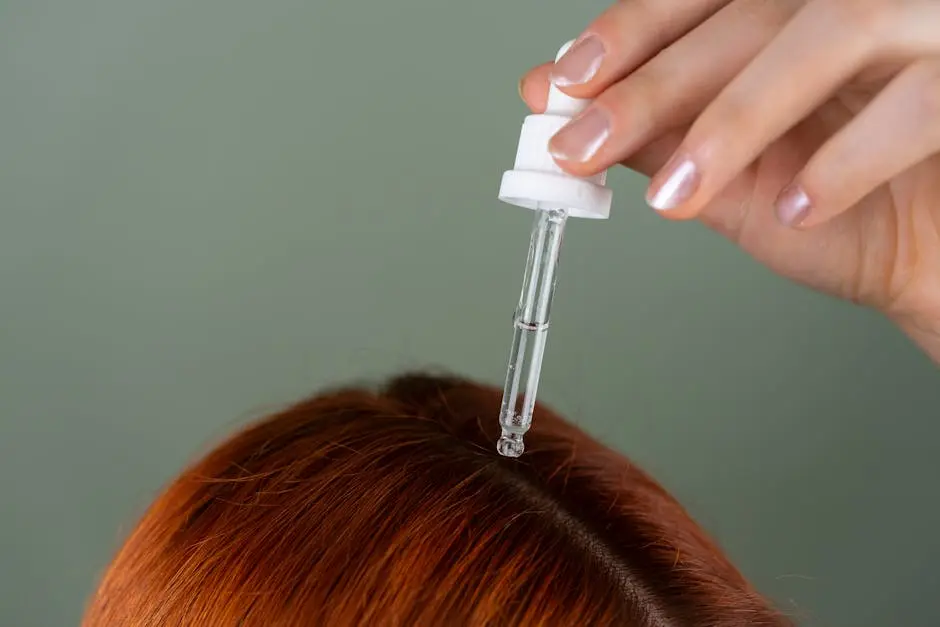Choosing the right scalp health products is critical to maintaining a healthy scalp environment, promoting hair growth, and preventing issues such as dandruff or dryness. With a plethora of products available, it can be daunting to decide what best suits your needs. This guide aims to simplify the process by outlining key factors to consider before making a purchase.
Understand Your Scalp Type
Identifying whether your scalp is oily, dry, or sensitive is the first step in choosing the right products. Each type requires tailored care to ensure optimal health.
Oily scalps often benefit from products containing ingredients like tea tree oil, which helps regulate sebum production according to Karen Gordon’s insight. For dry scalps, look for moisturizing ingredients like hyaluronic acid, which can provide the hydration your scalp craves.
The sensitivity of your scalp can impact product selection significantly. Sensitive scalps should avoid harsh chemicals and opt for gentle, sulfate-free formulas that cleanse without causing irritation.
Recognizing changes in your scalp type due to factors such as weather, diet, or stress can also be crucial. For instance, a normally oily scalp can turn dry during colder months, requiring adjustments in your hair care regimen.
Identify Your Specific Needs
Determine whether you’re dealing with issues like dandruff, hair loss, or irritation. Knowing your specific concerns will help you select products that effectively target those issues.
Dandruff affects numerous individuals and is often linked to an overgrowth of yeast or dry skin. Products with zinc pyrithione or selenium sulfide are effective in combating this as noted in our guide to common scalp issues.
Hair loss can be distressing, but targeted scalp treatments like serums or oils with active ingredients such as minoxidil can enhance growth and reduce thinning, offering a robust solution tailored to your needs.
If your scalp is prone to irritation, consider products with calming ingredients like chamomile or aloe vera. Such elements can soothe the skin and reduce redness, creating a more comfortable environment for hair growth.
Evaluate Product Ingredients
Be mindful of the ingredients in scalp health products. Natural ingredients can be beneficial, but it’s crucial to recognize potential allergens or irritants that could harm your scalp.
Ingredients like parabens and sulfates can be harsh on the scalp, possibly leading to dryness or irritation, particularly for those with sensitive skin. ‘Sulfate-free’ is a label worth considering for milder hair care.
On the flipside, nutrient-rich oils such as argan or coconut can deeply nourish the scalp, promoting hydration and a healthier base for hair growth. However, always ensure these oils suit your specific scalp needs.
Checking products for allergens is especially important if you’ve had allergic reactions before. Hypoallergenic formulations can be a safer choice for those with known sensitivities.
Consult with a Dermatologist if Necessary
If you have persistent scalp issues, seeking advice from a dermatologist can provide personalized product recommendations, ensuring your selections support a healthy scalp.
Dermatologists can identify underlying scalp conditions such as psoriasis or dermatitis that may require medical-grade treatments. Their expertise can guide you towards using therapeutic products that offer effective relief.
Sometimes, the cause of scalp issues could be linked to diet or stress levels. Consulting a professional to address these internal factors can offer a comprehensive solution to scalp concerns, aligning both external and internal care strategies.
Making Informed Choices for Optimal Scalp Health
By understanding your scalp type, identifying your specific needs, evaluating product ingredients, and considering any medical concerns, you can make educated decisions when selecting scalp health products. An informed choice leads to healthier hair and a revitalized scalp, enhancing your overall well-being. Visit our homepage to explore a curated selection of products designed to meet diverse scalp needs.





